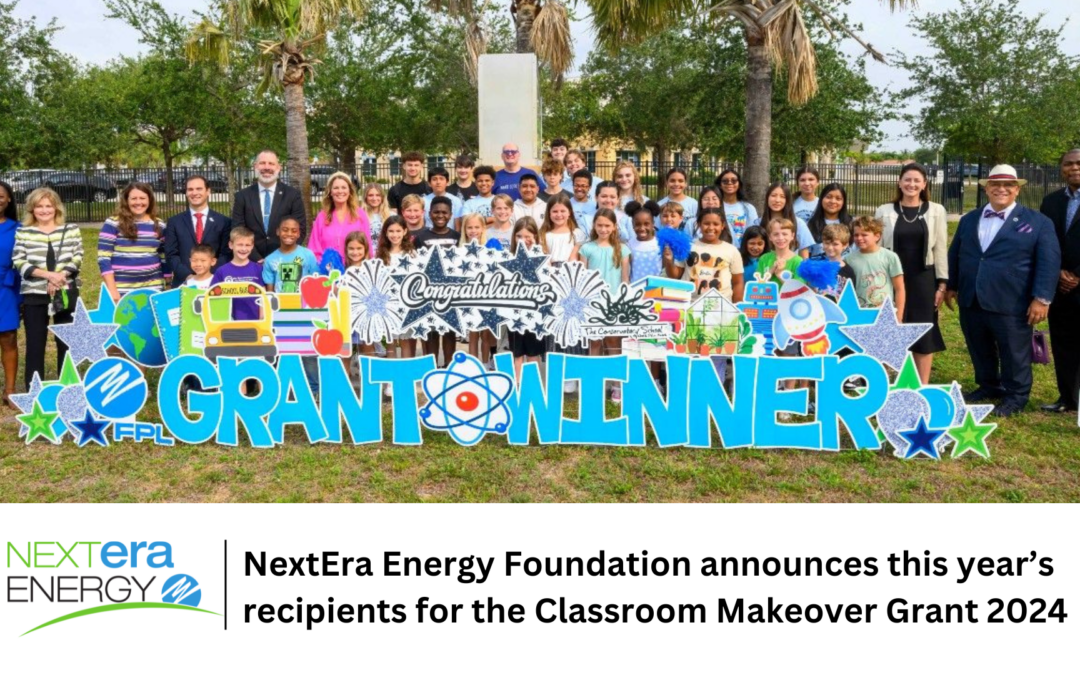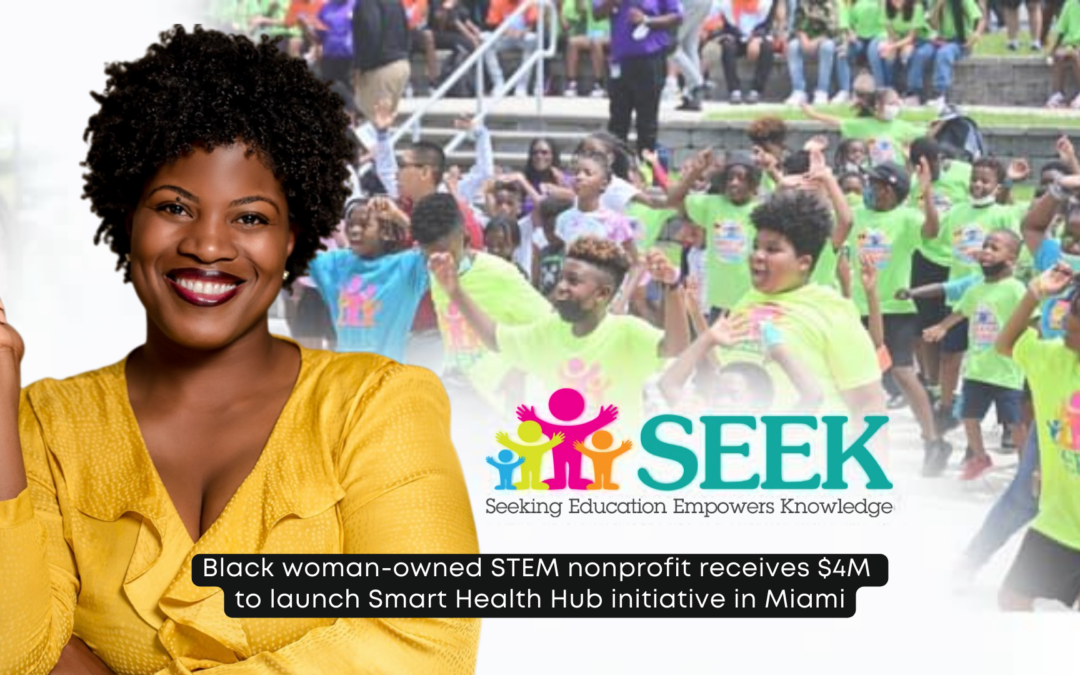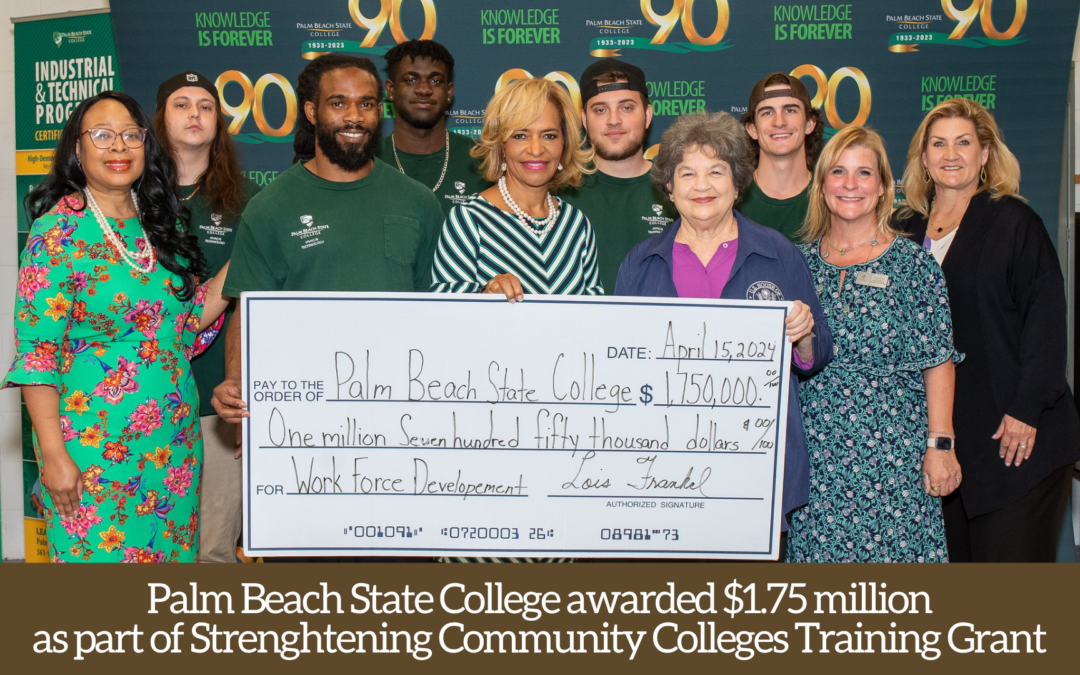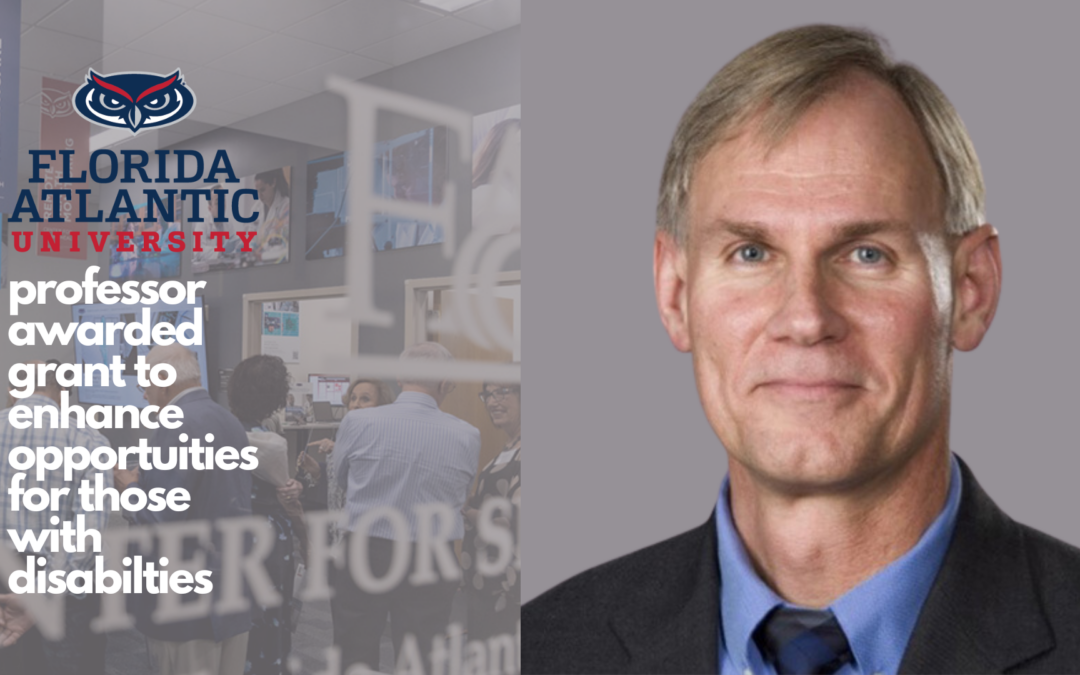
by Nikki Cabus | Jun 22, 2024 | Blog
Florida Power & Light has annouced 2024 recipients for their Classroom Makeover Grant Program. As part of a $1 million, 4-year commitment from its charitable arm, the NextEra Energy Foundation, works to advance STEM curriculum, increase the exposure of Black...

by Nikki Cabus | Jun 3, 2024 | Blog
$4 Million has been awarded to the S.E.E.K. (Seeking Education Empowers Knowledge) Foundation Inc. to open a Smart Health Hub for children in Miami. Founded in 2012, SEEK Foundation’s mission was to improve the value of life for South Florida’s youth by...

by Jeff Kurzner | Apr 17, 2024 | Blog
The U.S. Department of Labor announced the award of $65 million in grants to 16 colleges in 14 states to expand their capacity to provide training to meet the skill development needs of employers and help students obtain good jobs. One of those colleges was Palm Beach...

by Jeff Kurzner | Apr 17, 2024 | Blog
The U.S. Department of Labor announced the award of $65 million in grants to 16 colleges in 14 states to expand their capacity to provide training to meet the skill development needs of employers and help students obtain good jobs. One of those colleges was Palm Beach...

by Jeff Kurzner | Apr 11, 2024 | Blog
Florida Atlantic University received funding from the National Science Foundation that will support a project that aims to provide digital maps to improve accessibility and navigation for persons with disabilities. The Center for Sensing, Monitoring, Analytics,...






